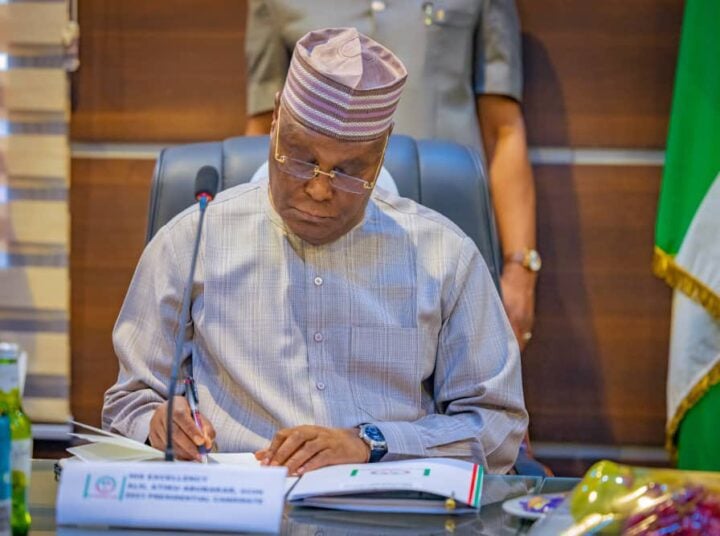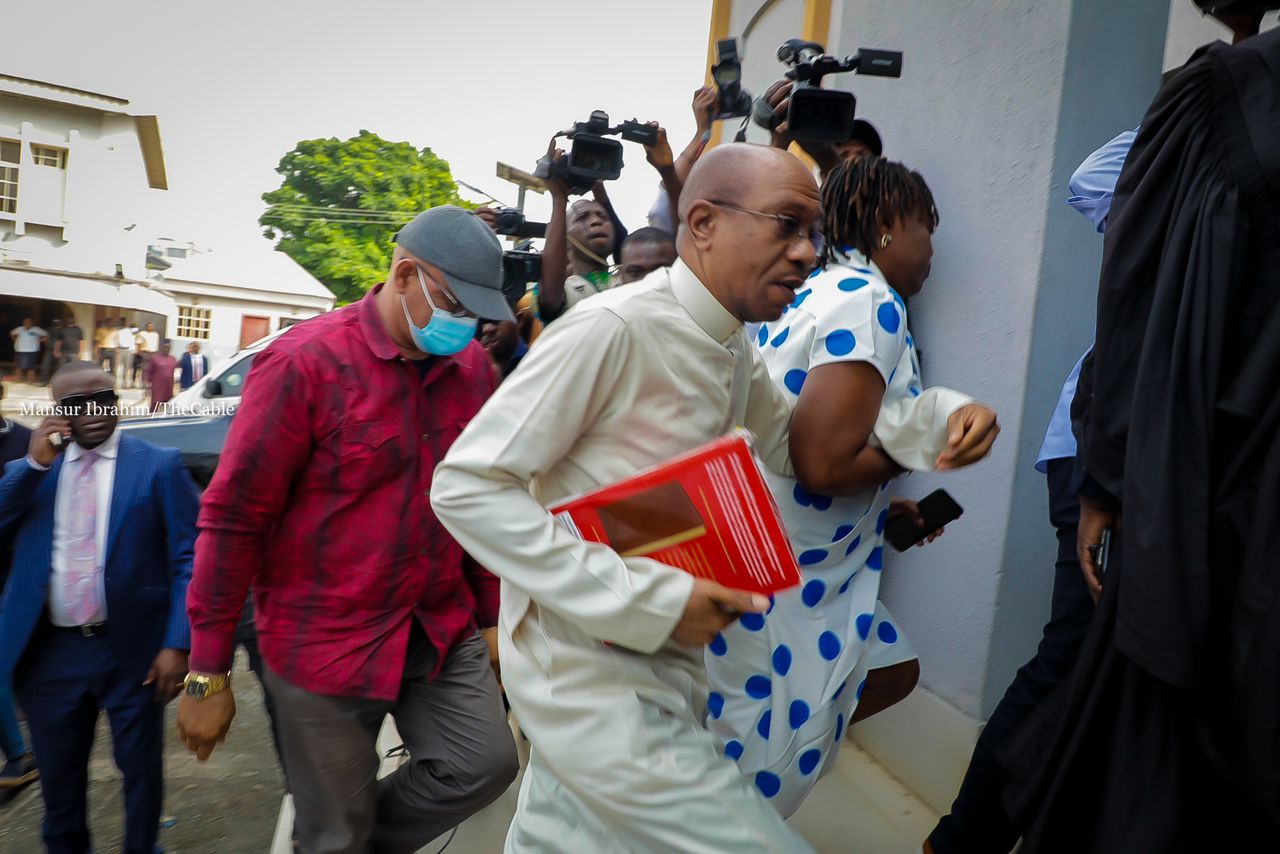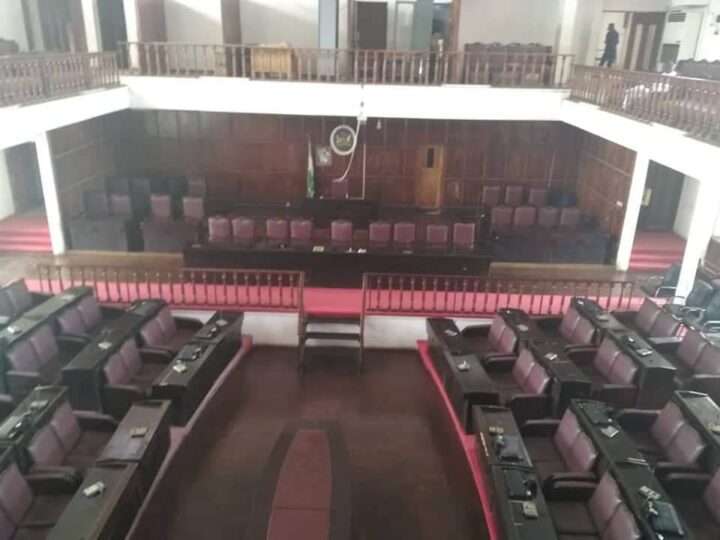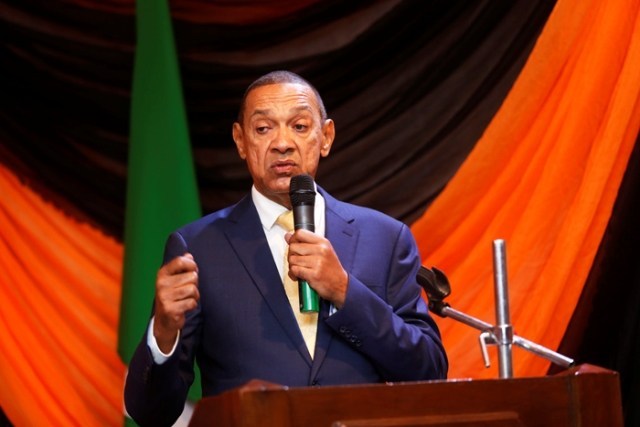Former Vice-President Atiku Abubakar
The supreme court described Atiku Abubakar’s attempt to file fresh evidence from Chicago State University (CSU) — after the duration stipulated by the constitution had elapsed — as an “unnecessary joke”.
Abubakar, presidential candidate of the Peoples Democratic Party (PDP) in the last general election, and Peter Obi of the Labour Party (LP), had challenged President Bola Tinubu’s victory in the February 25 poll and the tribunal’s verdict affirming the election.
Abubakar had also alleged that Tinubu’s academic records as obtained from CSU were fraught with discrepancies and forgeries which should have disqualified the All Progressives Congress (APC) candidate from contesting the election.
Delivering the lead judgment of the seven-member panel of the supreme court on Thursday, Inyang Okoro, a judge, said Abubakar’s counsels had argued that the 180-day limit for filing an appeal as stipulated by the constitution, applied only to election tribunals and not the court of appeal.
Advertisement
Okoro said Abubakar’s counsels had stated that the supreme court has the “power, jurisdiction and discretion” to admit fresh evidence after 180 days.
Citing relevant sections of the 1999 constitution (as amended) and the Electoral Act, the judge said the appellant’s “petition was filed on 21st of March 2023, which was the last day of the 21 days prescribed in Section 285(5) for filing election petitions after announcement of the results of an election”.
“An election tribunal shall deliver its judgment in writing within 180 days from the date of filing a petition, and where there is an appeal, within 60 days from the date of delivery of judgment which elapsed on the 17th of September 2023,” he said.
Advertisement
Okoro quoted Abubakar’s lawyers as arguing that: “There is no such constitutional limit of 180 days on the lower court to hear an election petition such that it can rob this court of exercising its jurisdiction in any manner whatsoever. The constitution was intentional and deliberate in setting the 180 days limit only for election tribunals and not for the court of appeal”.
‘IT IS ELEMENTARY LAW’
The judge scoffed at Abubakar’s argument during Thursday’s ruling on the appeals.
He stated that admitting the CSU evidence outside of the duration permitted by the constitution would have amounted to undoing the work of the national assembly, and rolling back the gains made with the Electoral Act 2022.
Advertisement
“It is shocking to have the above argument in print. It could have passed for a friendly joke but not for a serious matter like this in the apex court,” Okoro said.
“It is even an unnecessary joke over a constitutional provision. After election petitions have suffered under the previous provisions, it is unfair to suggest that we go back to those dark days.
“When the time for doing a thing is set by the constitution, the court cannot extend the time.
“This is the law which at this stage is elementary. The deposition (from CSU) cannot be admissible since the lower court did not admit it. This court cannot do what the lower court did not do.
Advertisement
“It is settled law that when the time fixed for doing a thing elapses, the court cannot extend the time.
“It is immutable, fixed like the rock of Gibraltar — it cannot be extended, elongated, expanded or stretched beyond what it states.
Advertisement
“On this application, fresh evidence is not received as a matter of course.”
The supreme court had gone on to describe some of the grounds of appeal put forward by the petitioners as “lacking in merit” and “frivolous”, before affirming the verdict of the tribunal and Tinubu’s victory.
Advertisement
Add a comment






